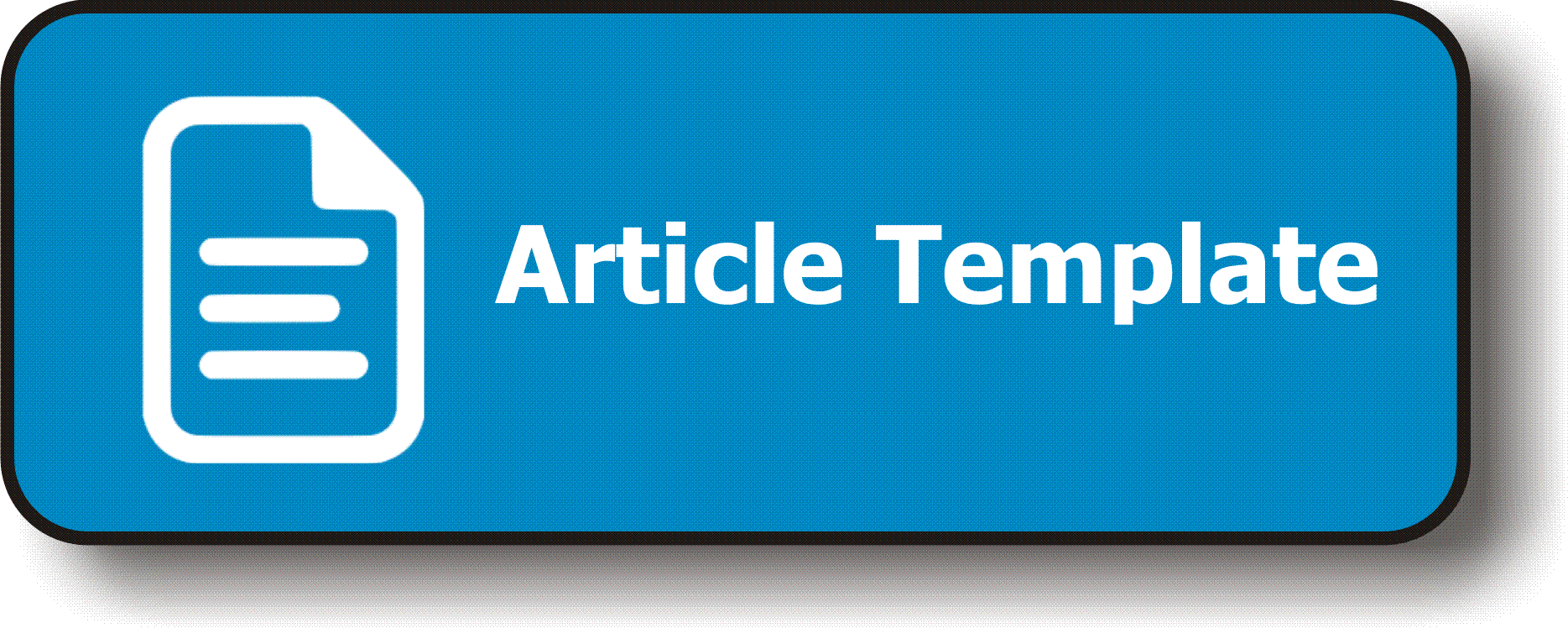Evaluation of the Use of Law Library among Legal Practitioners in Kwara State
Abstract
The study evaluated the use of the library by legal practitioners in Kwara State. A descriptive survey was adopted, a simple random sampling technic was adopted for the sample selection of participants and the questionnaire serves as an instrument for data collection. A sample size of 257 participants was selected from the study population of 772 and only 252 copies of the questionnaire are returned and found useful, constituting a 98% returned rate. The study found that law reports, law textbooks, reference materials, index and abstracts, legal periodicals, legislation and statutes, and digests are the library resources available to legal practitioners. It was further reported that the majority of the respondents use legal periodicals, law reports, law textbooks, indexes and abstracts, legislation and statutes, and digest daily while the majority of them use reference materials only once in a month. The majority of the respondents purposely use library resources to further knowledge on legal issues; for work in progress; to keep informed of the development in the legal profession; to defend their client in the court of law, and for case preparation. The test hypothesis indicated that there is gender difference in male and female legal practitioners’ use of library resources in Kwara state. The reason for this is that the t-value is 84.961, and the associated p-value which is 0.000 less than the level of significance 0.05. Also, the mean score of male legal practitioners is significantly higher than the mean score of female legal practitioners, that is, the mean score of male legal practitioners is 37.190 compared to the mean score of female legal practitioners which is 28.832? The study, therefore, recommended that adequate provision should be made for current legal information resources in the library.
Keywords
Full Text:
PDFReferences
Balakrishnan, V.D, & Leo, H.S. (2012). Use of library and Information Technology. Journal of Academic Library, 3(1), 45-65.
Coker, C. A. (2014). The use of information and communication technologies (ICTs) among legal practitioners in Ibadan Metropolis. Journal of Computer Sciences and Applications, 2(1), 1- 5.
Deakin University Australia. (2014). Legal principles and skills students. http://deakin.libguides.com/law
Dina, Y., Akintayo, J. O. & Ekundayo, F. (2013). Hauser global law school program: Globalexupdate- a guide to Nigerian legal information. http://www.nyulawglobal.org/Globalex/Nigeria1.htm
Farivar, A & Rahimi, A. (2015). The impact of CALL on Iranian EFL learners’ autonomy. Procedia Social and Behavioral Sciences, 19(2), 644-649.
Howard, R., Restrepo, L. & Chang, C. (2015). Addressing individual perceptions: An application of the unified theory of acceptance and use of technology to building information modeling. International Journal of Project Management, 35(2), 107-120.
Khan, S.A., Bhatti, R. & Khan, B. (2011). Information seeking behavior of law practitioners: A survey of Bahawalpur City. Library Philosophy and Practice, 581.
Lai, P.C. (2017). The literature review of technology adoption models and theories for the novelty technology. Journal of Information Systems and Technology Management, 14(1), 21-38.
Okonoko, V. N., Emeka-Ukwu, U. & Ayomanor, K. E. (2015). Information seeking behaviour of faculty members in a Nigerian university. International Journal of Academic Research and Reflection, 3(4), 95-102.
Olorunfemi, D. Y. (2014). The use of law information sources in legal research by Nigerian university law students. Journal of Balkan Libraries Union, 3(1), 15-23.
Olorunfemi, O. D., Janneke, M. B., & Ocholla, D. N. (2012). Information seeking behaviour of law students in a developing country: A literature review. In A Standing Conference of Eastern, Central and Southern Africa Library and Information Associations (Vol. 88), 41-52.
Onuoha, U.D. & Awoniyi, A.A. (2011). Comparative Analysis of Students’ Information seeking. http://digitalcommons.unl.edu>libphilprac.
Onwudinjo, O. T., Ogbonna, U. A. & Onwumbiko, O. J., (2015). Utilization of law library collections for improving academic performance by undergraduate law students of Nnamdi Azikiwe University, Awka. Library Philosophy and Practice, 1223.
Owoeye, J. (2011). Information communication technology (ICT) use as a predictor of lawyers' productivity. Library Philosophy and Practice. http://unllib.unl.edu/LPP/
Oyesiku, F. A., & Oduwole, A. A. (2004). Use of an academic library: A survey on the Olabisi Onabanjo University Libraries. Lagos Journal of Library and Information Science, 2(2), 96- 101.
Scherer, R. Siddiq F & Teo, T. (2015). Measuring and modeling the teacher's perceived usefulness of ICT in the context of teaching and learning. Journal of ICT , 7(5), 78-87.
Tahir, M. (2008). Information Needs and Information-Seeking Behaviour of Arts. https://digitalcommons.unl.edu>libphilprac
The Law Library of Congress. (2014). Guide to Secondary Legal Resources. http://www.loc.gov/law/help/secondary-rsrcs.php
Tuhumwire, I. & Okello-Obura, C., (2010). Sources and means of access to legal information by lawyers in Uganda. Library Philosophy and Practice. https://digitalcommons.unl.edu/libphilprac/354.
Uluocha, A. & Mabawonku, I. (2014). Legal information resources availability and utilization as determinants of law lecturers' research productivity in Nigerian universities. Information and Knowledge Management, 4(9), 50-58.
DOI: https://doi.org/10.17509/edulib.v11i1.28802
DOI (PDF): https://doi.org/10.17509/edulib.v11i1.28802.g27412
Refbacks
- There are currently no refbacks.
Copyright (c) 2021 Edulib

This work is licensed under a Creative Commons Attribution-NonCommercial-ShareAlike 4.0 International License.

This work is licensed under a Creative Commons Attribution-ShareAlike 4.0 International License.





